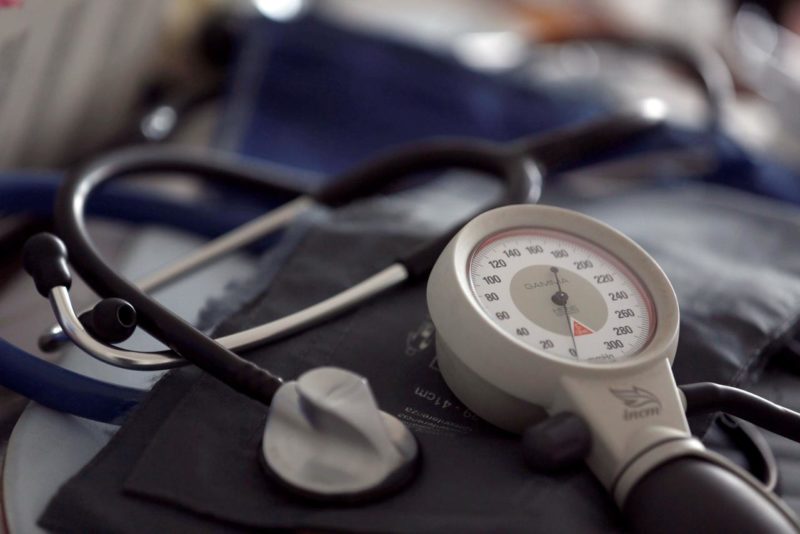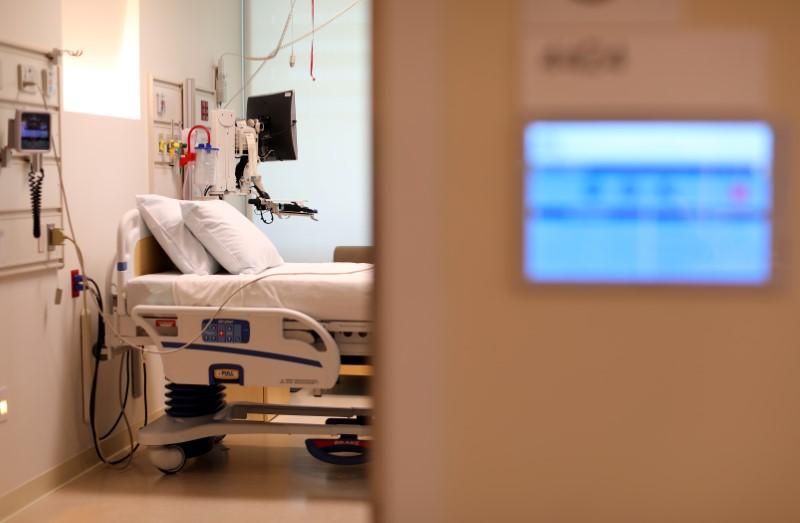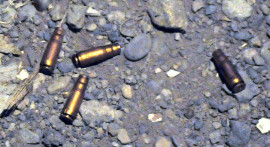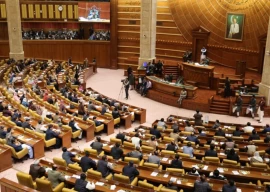
Established in 1966, the Polyclinic’s ward for newborn patients remains the most undernourished health care facility in the city due to a lack of timely expansions and adequate equipment.
With 27 beds in its children’s ward and a total of 11 incubators for its newborn patients, the hospital is forced to turn down a majority of cases. Most of these patients are infants, and their caregivers have no choice but to seek treatment at expensive private hospitals.
Rawalpindi Institute of Cardiology extension project planned
“My 24-month old daughter is suffering from pneumonia. I came to the Polyclinic hoping they would provide treatment, but I’ve been told to take her to another hospital,” said Fatima, a mother from Taxila. Visibly perturbed, she blamed hospital officials and the government for her miseries. Interrupted by her sobs, she said: “The Polyclinic does not have an incubator to treat my daughter.”
More than five decades ago, the Polyclinic opened its doors as a pioneer services hospital for federal government employees. Since then, the medical facility has witnessed rare expansions.
Today the medical facility is equipped with more than 500 beds, with an annual volume of more than a million patients, including 1,000 infants.
But only a handful of newborn patients are treated at the hospital due to the limited number of incubators. Due to capacity issues, the hospital only admits patients in serious condition.
A member of the staff, who spoke to The Express Tribune on the condition of anonymity, said the hospital needed at least 100 incubators to treat the number of newborn patients. “Once fully occupied, the hospital declines new admissions to its neonatal ward,” he said. “However, before referring newborn patients to other facilities, we vaccinate them to prevent complications,” he added.
 PHOTO: REUTERS
PHOTO: REUTERSRejected by the Polyclinic, many cases end up at the Pakistan Institute of Medical Sciences (Pims), another state-operated healthcare facility, with a dedicated Mother and Child unit. But there too, the newborns are turned down due to limited space.
“Both Pims and Polyclinic are not in the position to provide healthcare facilities to ailing infants,” said one father.
“I took my newborn son to the Polyclinic and from there to the Pakistan Institute of Medical Sciences and then back to the Polyclinic,” he added.
Another father claimed his wriggly 10-days old son was refused admission at the Polyclinic due to limited space. “He was suffering from umbilical cord infection,” the distressed man added.
In their defence, hospital administration admitted the facility faces a shortage of space. However, they said the number of incubators at the neonatal unit is adequate.
“The second-largest hospital in the city does not have a nursery only because there is no space,” he added.
'Diabetes cases soar, 1-in-11 adults affected'
No expansion in decades and an increasing number of patients is the number one reason behind the high refusal rates at the Polyclinic. The facility’s neonatal ward has not received an upgrade or an expansion in decades, according to health experts.
The healthcare facility, not only treats patients from the capital but also receives a high volume of patients from Rawalpindi, Khyber-Pakhtunkhwa, Jhelum, Murree, Azad Kashmir, and Gilgit-Baltistan.
“With the volume of patients consistently increasing, the hospital’s neonatal ward ideally should have been expanded multiple times or as required,” said one doctor at the Polyclinic.
According to one hospital insider, some of the incubators in the neonatal ward collapsed a few months ago. “The hospital struggled with the repairs, but managed to get them back,” he said. The hospital has installed five additional incubators at its MCH unit near Aabpara.
 PHOTO: REUTERS
PHOTO: REUTERSFailures and funds
The Polyclinic’s current status is a result of a series of failures. Several governments in the past have failed to implement upgrade plans. But its newly appointed Executive Director, Dr Shuaib Khan brings some hope.
He plans to use a hefty bailout from the federal kitty to add new machinery to the depleted medical facility.
“We are planning to purchase new MRI, CT scan and Mammography machines,” Dr Shuaib said.
New ventilators are also on Dr Shauib’s shopping list for the hospital. Bids for the pre-qualification are in the final stages, according to the executive director.
WITH ADDITIONAL REPORTING FROM OUR CONTRIBUTOR FOZIA AZAM IN ISLAMABAD
Published in The Express Tribune, November 18th, 2019.

1732071267-0/lana-(2)1732071267-0-165x106.webp)
1727242355-0/Diddy-(1)1727242355-0-165x106.webp)

1732063440-0/elon-(3)1732063440-0-165x106.webp)





1732012115-0/Untitled-design-(14)1732012115-0-270x192.webp)






COMMENTS
Comments are moderated and generally will be posted if they are on-topic and not abusive.
For more information, please see our Comments FAQ